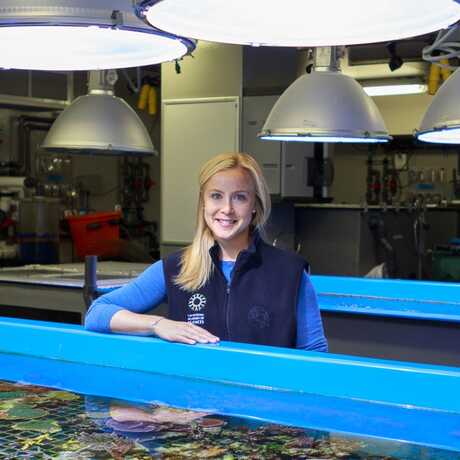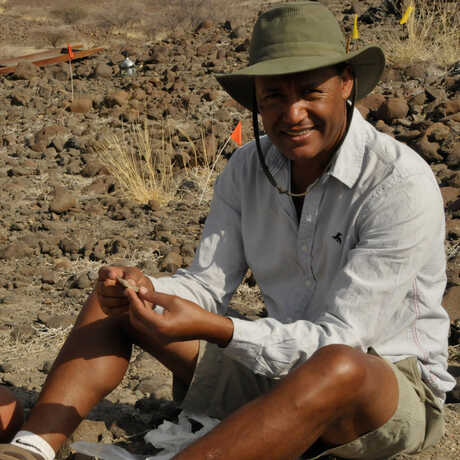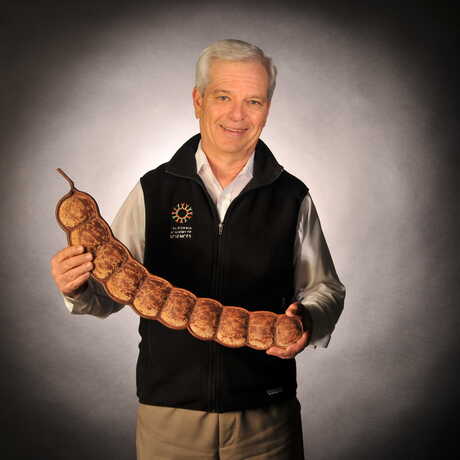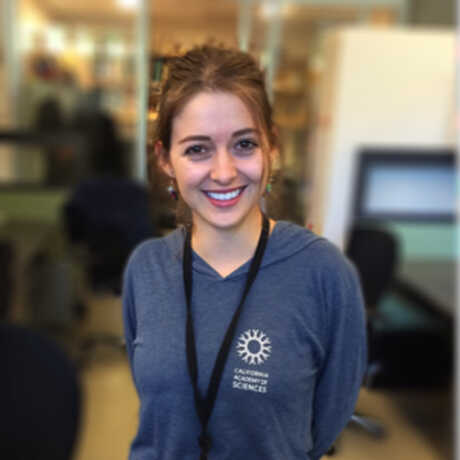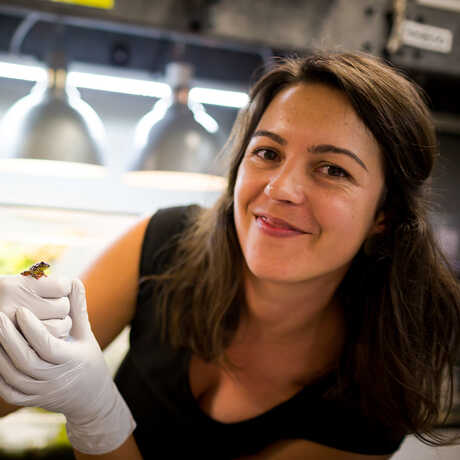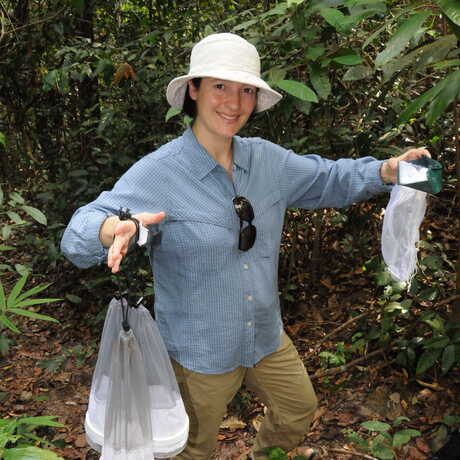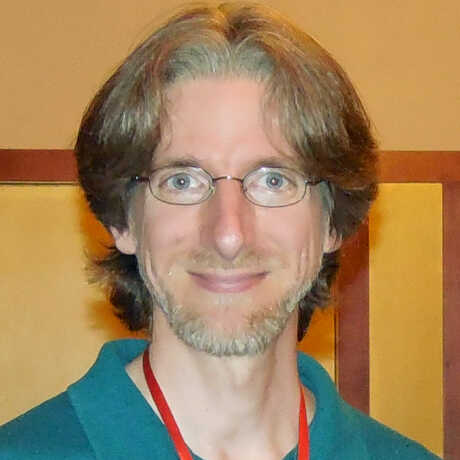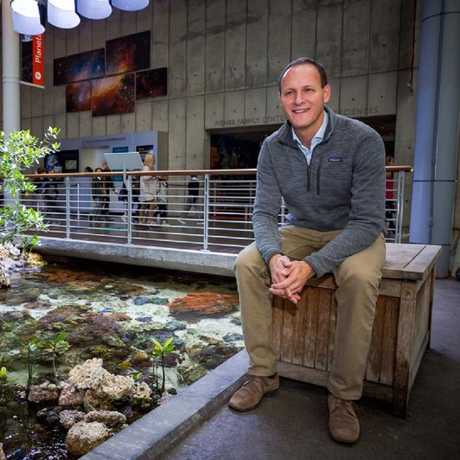Search for Academy curators, collections managers, and research staff working to answer some of the world's most pressing scientific questions.
My research focuses on the capacity of benthic marine organisms to cope with changing environmental conditions. Specifically, I have devoted the last ten years to understanding how coral reef organisms are impacted by changing seawater chemistry (ocean acidification), alone and in combination with warming.
My research interest revolves around the key issue of how we became human through evolutionary processes. My research program focuses on the discovery and interpretation of hominin fossils and their environments with emphasis on fieldwork designed to acquire new data on early hominid skeletal biology, environmental context, and behavior. I also employ recently developed imaging and visualization techniques to investigate internal and external fossil anatomies.
Using flowering plants to address questions about plant biodiversity, biogeography, and evolution, I am interested in why some families of flowering plants are so species-rich and the factors that have promoted this diversification. Can certain families of plants be used as indicators of biodiversity hotspots and can this information be useful in conservation decisions? I am also studying species in a megadiverse family of plants like Princess Flowers (Melastomataceae) to determine how they are related to one another and where they fit into the tree of life for flowering plants.
I joined the Academy in 2018 as a part-time Curatorial Assistant in Geology. From 2019-2022, I worked on a NSF OCE grant: The Holocene and Anthropocene as windows into the future of marine systems. As part of this, I assisted in the digitization and management of a crowd-sourced Zooniverse project which digitally transcribed over 5,000 records from our microfossil collection. My other duties include collections care of our fossil and mineral collections, volunteer supervision, specimen digitization, and data cleaning. I graduated from Johns Hopkins University with a M.A.
Gabriela is the lab technician for the Ichthyology department, where she assists researchers to get molecular data. In addition, she helps to catalog, organize and maintain the Ichthyology tissue collection. Her research interest is in the phylogeny of the genus Chromis, a large group with over 106 described species. As a PhD student in the Integrative Biology Department at UCB, she studies the diving physiology and genetics of sea turtles.
I am an organismal evolutionary biologist who integrates genomic techniques with field biology to study diversification in amphibians and reptiles. Prior to joining the Academy’s Herpetology Department, I completed a PhD in Ecology & Evolutionary Biology at Cornell University, a Chancellor’s Postdoctoral Fellowship in the Museum of Vertebrate Zoology at UC Berkeley, and I served as Curator of Amphibians and Reptiles at the National Museum of Natural History, Smithsonian Institution.
Dr. Bennett is the Chief of Science and Harry and Diana Hind Dean of Research and Collections. She was the Academy's first ever Associate Curator of Microbiology, helping broaden the Academy’s research scope to include a dedicated focus on viruses and bacteria. Her specialty lies in infectious diseases that can be transmitted from animals to humans.
I’m interested in the ecology and evolution of tropical reef-building corals, from close to the surface to well into the twilight zone. As a molecular ecologist, I combine genomics and field ecology to understand how corals diversify and adapt to different environmental conditions. Much of my research has focused on studying genetic patterns “across the reef slope” (over depth), piecing together the evolutionary processes that have led to those patterns, and inferring how those patterns impact the interconnectivity of shallow and deep reef habitats.
